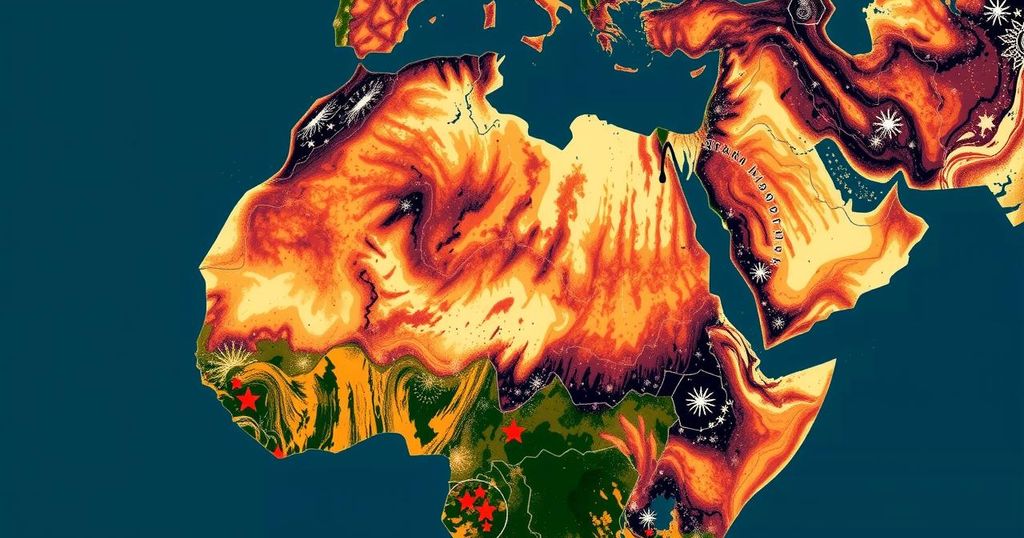This report provides critical insights into climate change-related losses in the Sahel and Greater Horn of Africa, particularly within the agriculture and livestock sectors. It analyzes current impacts and anticipates future scenarios, highlighting the urgent need for adaptive measures to address these challenges. This highlights the socio-economic vulnerabilities that arise from climate change in these regions, underscoring the necessity for robust response strategies.
The report “Bearing the Burden: Climate Change-Attributable Losses and Damages in the Sahel and Greater Horn of Africa,” sheds light on the significant and escalating impacts of climate change-induced weather events within these regions. It meticulously highlights the detrimental effects on key sectors, particularly agriculture and livestock, which are critical to the livelihoods and food security of many inhabitants. This comprehensive data analysis also contemplates both present realities and potential future scenarios, emphasizing the urgent need for effective response strategies and adaptive measures to mitigate these adverse effects. The report serves as a vital resource for understanding the complex interplay between climate change and its socio-economic ramifications in vulnerable regions.
The Sahel and Greater Horn of Africa face a formidable challenge from climate change, marked by rising temperatures and increasingly erratic weather patterns. These regions, already susceptible to environmental stressors, are experiencing significant strain particularly within their agricultural and pastoral systems. The report commissioned by Supporting Pastoralism and Agriculture in Recurrent and Protracted Crises (Sparc) aims to quantify the monetary gains and losses due to climate-related events, spotlighting the sectors that are pivotal for community survival and economic stability. Understanding these losses is essential for developing proactive policies and investment strategies aimed at enhancing resilience to climate impacts.
In conclusion, the findings of the report underscore the pressing need for concerted efforts to address the losses and damages attributable to climate change in the Sahel and Greater Horn of Africa. A proactive approach that combines effective legislation, community engagement, and financial investment is essential to safeguard agricultural and pastoral livelihoods. Continued dialogue and research will be crucial in adapting to the ongoing and future impacts of climate change, ensuring that vulnerable populations can sustain their industries and maintain food security amidst a changing climate.
Original Source: www.polity.org.za






